
Miscarriage unfortunately is a common part of OB/GYN, but do you ever wonder what your patients are feeling? This blog addresses one patient's experience.

Miscarriage unfortunately is a common part of OB/GYN, but do you ever wonder what your patients are feeling? This blog addresses one patient's experience.

Nonsteroidal anti-inflammatory drugs are the most common treatment for menstrual pain, though research continues on alternative treatments.

Malpractice payouts aren’t the only factor to look at in determining where to practice in the United States. Ob/gyns should also take into account the status of tort reform and the cost of premiums and taxes in the states they are considering.

Less may be more when it comes to surgical management.

A high/low agreement usually is done to prevent a “runaway” jury from coming back with an unreasonably high award, but ensures the plaintiff of something because they are agreeing to a lower amount than what the jury might have awarded.

Two experts take sides on the clinical merits of performing bilateral salpingectomy alone versus removing the tubes in BRCA mutation carriers.

A review of the causes, surveillance options, and management strategies for the pregnancy at risk of fetal anemia.

Plus: research on systemic HT, type II diabetes and post-pregnancy obesity

A new adjustable single-incision bladder sling placed via the transobturator route for women with stress urinary incontinence shows promise.
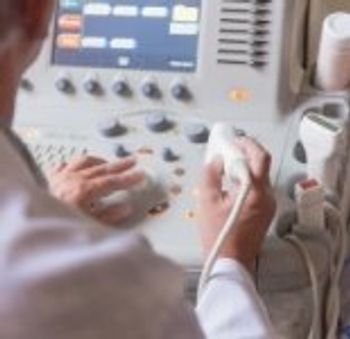
OB/GYNs should begin with ultrasound to examine women presenting with pelvic symptoms, urges a physician group.
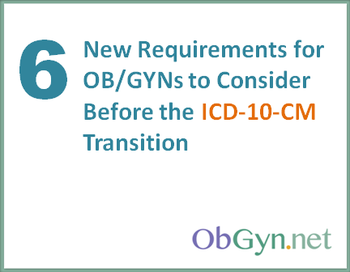
Take a close look at your documentation in these six areas of OB/GYN to start making improvements now and better prepare for ICD-10-CM.

More information on the risks of morcellation when treating fibroids; a look at the price tag associated with post-fracture use of bisphosphonates; and research on the developmental impact of a variety of air pollution.

Use of a certain form of bupivacaine for pain control after gynecological surgery reduced the amount of opioids needed and may reduce recovery time.

QUIZ: These images are of the jugular area in a first-trimester fetus. What do they tell you?

Gender-based pay inequality in female-predominant fields, such as nursing, may not be what you think. Find out what new research has uncovered.

Will this be the home pregnancy test of the future?
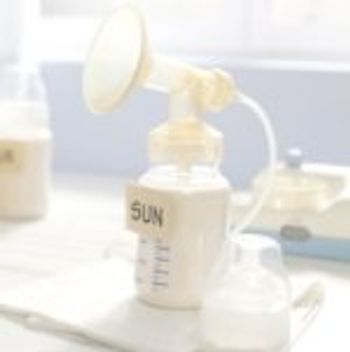
There are several techniques new mothers can use to express breast milk more comfortably while yielding higher output, a meta-analysis finds.
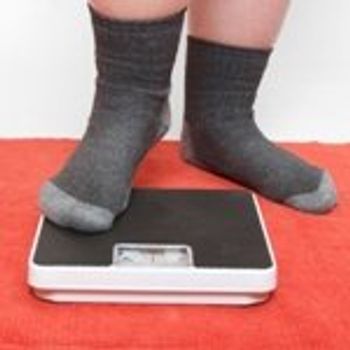
New research shows certain women are 43 times more likely to develop type 2 diabetes mellitus after childbirth.

POLL: How healthy should hospital food be? Should junk food not be offered at all, removing any temptation, or should people make better choices?

Which form of pain relief provides better relief satisfaction in patients? Plus, does chronic kidney disease increase the risk of adverse pregnancy outcomes?

New research identifies 3 factors that may play a role in menopause-related storage lower urinary tract symptoms, or incontinence.

Chronic pelvic pain is costly to diagnose and treat, but appropriate and timely interventions can lead to a restoration of quality of life.
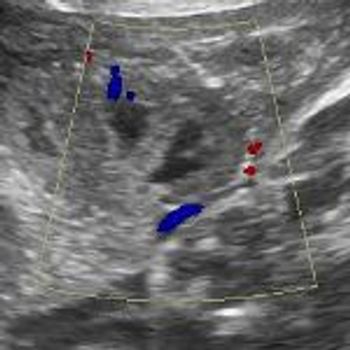
QUIZ: These images show some changes in the placenta of a 34-week pregnancy. Are they anything to worry about?
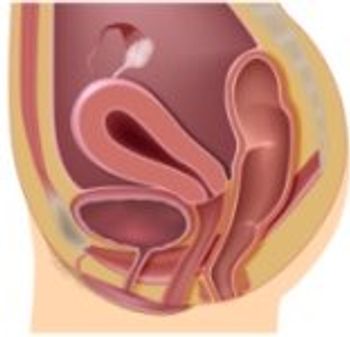
Pelvic floor muscle training, or Kegel exercises, did not improve pelvic organ prolapse in a group of women after a vaginal delivery, research shows.
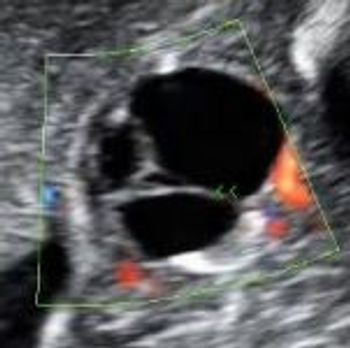
QUIZ: These images reveal a specific structure of the fetal eye. Can you identify it?

A Cochrane meta-analysis examines if there is any cardiovascular disease prevention benefit from postmenopausal hormone therapy. Plus from The Endocrine Society's 97th Annual Expo, the benefits of abaloparatide in treating osteoporosis and the impact of smoking while pregnant on the diabetes risk of female children.

Hormone replacement therapy won't protect postmenopausal women against stroke or heart disease, but don't discount it for symptoms of menopause just yet.

This infographic shows the 5 most common unexpected denials from January 2015, with solutions provided by Aaron Hood from RemitData.
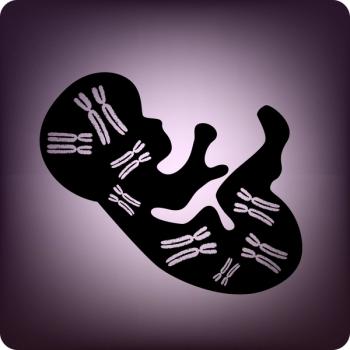

These tips for implementing good technique in laparoscopic surgeries can help reduce complications and result in faster surgeries.